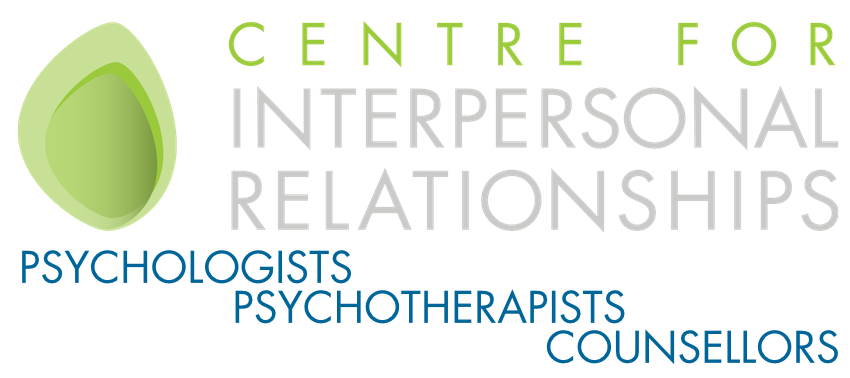Written by Dr. Rana Karam, C. Psych
In our previous
blog, we discussed immigration and the concept of “culture shock” which is a
common product of immigration. In this blog we will discuss the cultural
adaptation process and offer some strategies to help you cope with difficulties
stemming from immigration and culture shock.
Adaptation process
- The first stage, just before or shortly after immigrating, is often described as the "honeymoon" stage. It is filled with high hopes, great expectations, confidence, happiness, fascination and excitement towards the new culture.
- The second stage, the “culture shock” described in our previous blog on immigration, is a period of destabilization that can last between 3 to 18 months.
- During the third stage, often referred to as the "adjustment" stage, stress and anxiety recede. The individual starts to accept their new surroundings, feels more in control of their life and gains a better understanding of their host country.
Coping strategies
Despite the lack of
a quick fix to culture shock, it can be very relieving to recognize that it forms
part of a “normal” adaptation process to a new culture. Often, the best
remedies are time and prolonged contact with the new culture. Consequently,
resisting the temptation to withdraw and avoid any painful and stressful
contact with the new culture and making a conscious effort to adjust to it are
key coping steps. Moreover, stress management strategies, self-care, social
support from compatriots, creating new relationships with people from the host
culture are also important. The following is a number of more specific suggestions
on how to cope with difficulties related to immigration:
- Acknowledging that these impacts/challenges exist and are not signs of weakness.
- Learning the rules of living in the host country (how and why people act the way they do and their behaviours and customs).
- Getting involved in some aspect of the new culture (study art or music, learn a new sport, volunteer in your community).
- Taking care of yourself (eat well, exercise and get a good night’s sleep).
- Sightseeing in your new country.
- Making friends and developing relationships.
- Maintaining contact with old friends and family back home.
- Keeping a journal of feelings, reflections and experiences or sharing them with others to help you sort through them.
- Doing something that reminds you of home (listen to your favourite music or practice a familiar hobb
Cultural adaptation:
a lifetime process!
In general, the
process of adaptation is a slow and lengthy one. It often continues throughout the
person’s stay in their new culture. Building a new cultural identity is the
product of a personal integration of values from both cultures (new and
existing culture). Such integration can aid in forming an integrated identity from
the two cultures, absorbing the culture shock and supporting the individual in
their exploration of the new culture.
More often than not,
cultural interactions enrich our life and enable us to identify and better appreciate
some aspects of our own culture.
CFIR psychologists
and psychotherapists can help you navigate through such challenges and cope
with the various intercultural difficulties and struggles that may come your
way.
Read more about our Multicultural Treatment Service.
